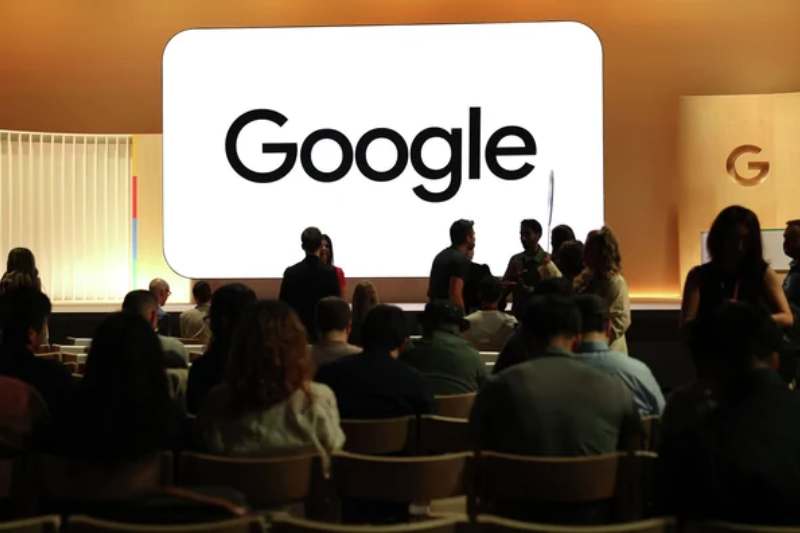
Google is back in the headlines, not for launching a new product but for offering voluntary employee buyouts in 2025. In a major internal shakeup, Google is inviting U.S.-based staff in several departments to voluntarily exit the company with a severance package. This move is part of Google's broader strategy to prioritize artificial intelligence (AI) while reshaping its workforce.
In June 2025, Google began offering buyouts to employees in key business divisions. Teams affected include Google Search, Ads, Research, Commerce, and Engineering. These are not just back-end roles—they include departments central to Google's core operations.
This round of voluntary employee exit offers is one of the most significant since the company's 2023 layoffs. The buyout packages are intended to create space for fresh hiring aligned with Google's AI-first approach.
Google’s buyout plan is generous by industry standards. Employees who opt in will receive a minimum of 14 weeks' severance pay. Additional compensation is available depending on years of service.
Google’s severance package for U.S. employees also includes continued healthcare benefits, potential accelerated stock vesting, and job transition support. The final date to accept the offer is July 1, 2025. After that, the window closes.
This decision is rooted in Google’s aggressive focus on AI development. The company is investing more than $75 billion in capital expenditure in 2025, largely directed at expanding infrastructure and AI projects like Gemini, its answer to ChatGPT.
To support this shift, Google is restructuring teams. Employees who may not directly align with this AI strategy are being offered a way out—voluntarily. Google says the program is aimed at employees who might not feel motivated by the new direction and want to explore opportunities elsewhere.
Unlike in 2023, when Google laid off over 12,000 employees, the 2025 restructuring is being carried out more softly. These are voluntary exits, not layoffs. That’s an important distinction.
This approach is designed to maintain morale, give employees more choice, and help transition teams smoothly. Google has faced criticism in the past for abrupt terminations. This time, it's trying a more thoughtful and employee-friendly path.
Alongside the buyouts, Google has tightened its return-to-office (RTO) policy. Employees who live within 50 miles of a Google office are now required to be on-site at least three days a week.
This marks a shift from the more relaxed post-pandemic work-from-home culture. Now, RTO is being enforced as part of an effort to boost productivity and collaboration—especially in teams central to Google’s AI and hardware efforts.
Not all Google employees are being offered the buyout. So far, confirmed teams include:
Search
Ads
Commerce
Research
Core Systems
Central Engineering
Communications
Knowledge & Information (K&I)
Earlier in 2025, similar buyouts were quietly offered to employees in Android, Chrome, Pixel, and non-technical departments like Finance and HR.
If you’re a Google employee unsure about eligibility, internal HR channels are your best bet for clarity.
The industry has responded with mixed feelings. Tech insiders see this as a smart and calculated move. Rather than risk PR fallout from layoffs, Google is enabling self-selection exits.
An analyst from Silicon Valley said, “Google is doing what others aren’t—giving people the option. That builds loyalty, even for those who leave.”
Investors have shown confidence too. Alphabet’s stock remained stable and even saw slight gains following the announcement.
As AI competition intensifies, Google is focused on staying ahead of rivals like Microsoft and OpenAI. This includes launching Gemini-based tools and deeply integrating AI into Search and other products.
To do this effectively, Google needs a workforce that’s fully committed to its mission. These buyouts are one step toward that alignment.
While not everyone may agree with the strategy, the message is clear: if you’re excited by the future of AI at Google, stay. If not, take the offer and leave on good terms.
The July 1, 2025 deadline gives employees a few short weeks to decide their future. For many, it’s a tough call. For others, it’s a chance to move on with security and dignity.
This program isn't just about trimming headcount. It’s a reflection of how tech companies like Google are adjusting to a new era—one driven by AI, efficiency, and focus.
Whether you see it as a cost-cutting strategy or a generous gesture, one thing is certain—Google is evolving, and it’s giving employees the choice to evolve with it or step away.